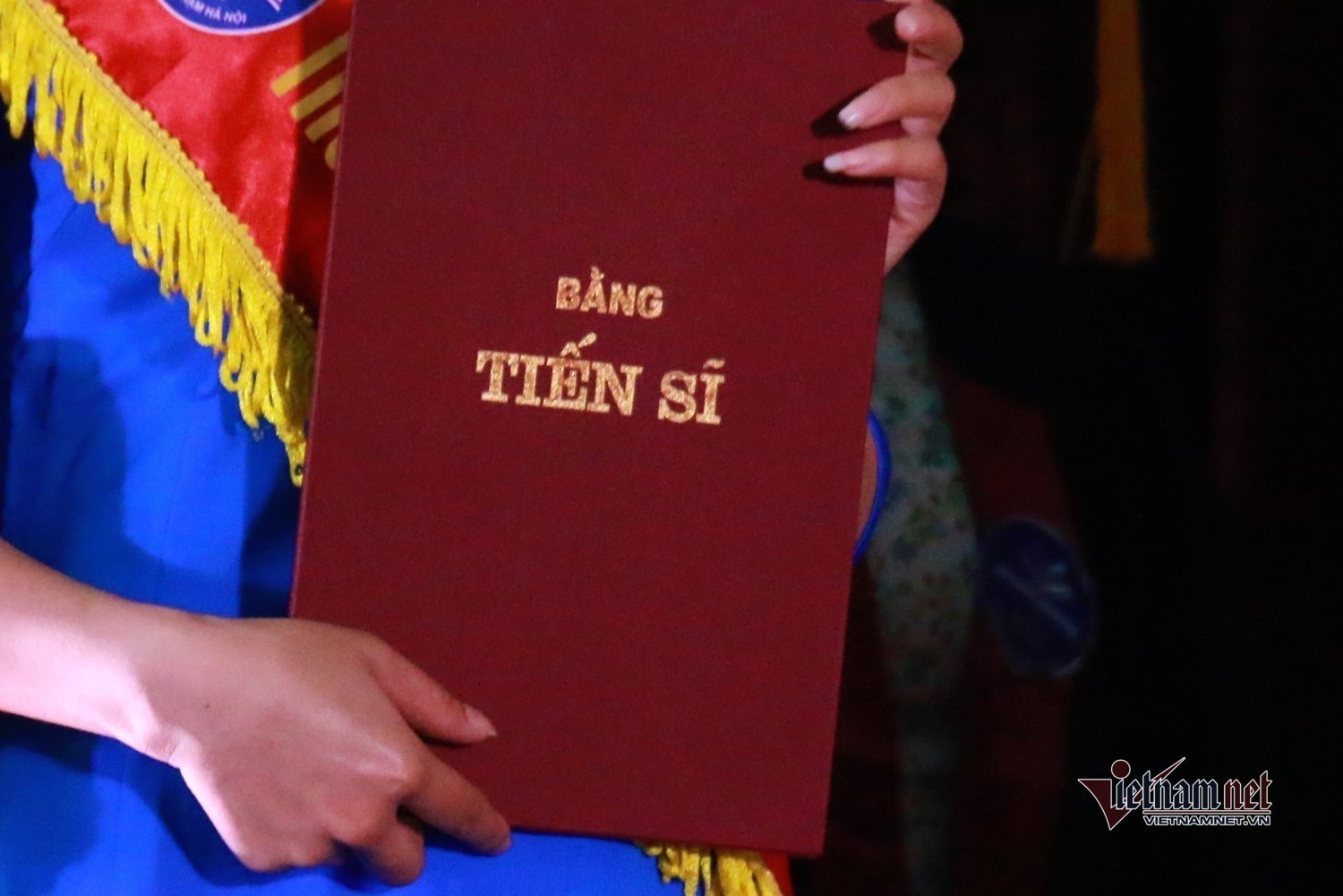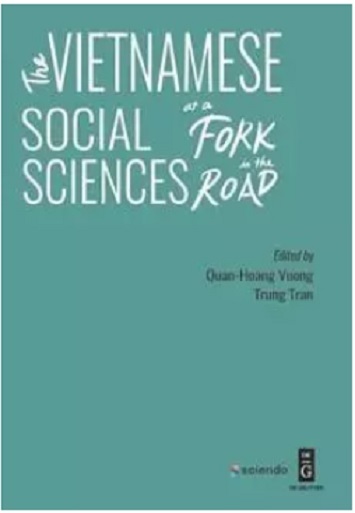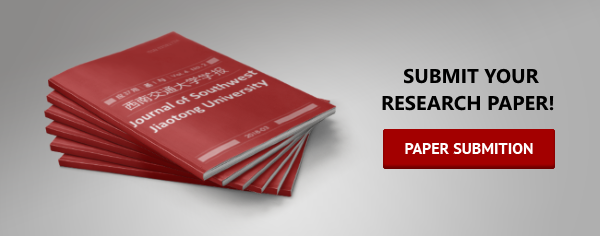The
scientific community has shown its surprise after the Ministry of
Education and Training (MOET) lowered the requirements for PhD students.

The
ministry has released Circular 18/2021 (Regulation 2021) stipulating
regulations on enrolling and training for doctoral degrees, which has
raised a strong debate.
The most controversial issue is the requirement on international publications for PhD students.
In
Circular 08/2017, or Regulation 2017, PhD students were required to
publish at least two articles on research results of dissertations,
including one article in the ISI/Scopus journals. The article in
ISI/Scopus journals could be replaced with two reports in foreign
languages published in summary records of international seminars with
peer review, or two articles published in foreign scientific journals
with peer review.
In Regulation 2021, scientific articles and
reports published in ISI/Scopus journals, or at international seminars
are no longer compulsory requirements to finish PhD programs.
Under
the new circular, monographs and articles published in domestic
journals in accordance with the evaluation criteria of the State Council
of Professors (0.75 points or more) will be accepted.
According
to Pham Hiep from Edlab Asia, Regulation 2017 had sent a message that
ISI/Scopus has international standards that schools have to refer to
when integrating into the world.
However, the regulation
considered the specific characteristics of some disciplinary fields
which have conditions unsuitable for ISI/Scopus journals, or still
cannot satisfy the requirements set by ISI/Scopus journals. In these
cases, the requirements on ISI/Scopus articles could be replaced with
two publications at international seminars. The international seminars
could be organized by the universities in Vietnam.
“It’s obvious
that the Regulation 2017 dignified international integration in
accordance with international standards of ISI/Scopus, but it also was
very flexible to fit specific conditions of every school,” Hiep
commented.
“The standards in Regulation 2017 are not too high.
They are flexible and orientate towards international integration. But
Regulation 2021 does not give high prominence to international
integration,” Hiep said.
“Regulation 2021 sets lower standards than Regulation 2017,” he said.
Arguments about the new regulation also come from concern over the quality of domestic journals.
A report showed that Vietnam has over 600 scientific journals, including 400 ranked by the State Professorship Council.
Of
these, one journal is indexed in SCIE (Science Citation Index
Expanded), six belong to ESCI (Emerging Sources Citation Index) of Web
of Sciences, eight to Scopus, and 18 are listed in ACI (ASEAN Citation
Index).
According to Nguyen Thu Thuy, Director of the Higher
Education Department, the recognition of scientific articles in domestic
prestigious journals will give a momentum for journals to improve the
quality and come closer to international standard, thus encouraging
journals to obtain international stature.
Some scientists argue
that the requirement on internationally published articles is a
‘prejudice’ that needs to be reconsidered, and that the contributions by
domestic scientific publications deserves a more objective and fair
assessment.
 |
| The
recognition of scientific articles in domestic prestigious journals
will give a momentum for journals to improve the quality and come closer
to international standard, thus encouraging journals to obtain
international stature. |
In reply, a
lecturer at a university in HCM City said it is undeniable that only a
few Vietnamese journals can approach international standards.
“A
lot of newspapers in Vietnam, frankly speaking, have low quality. Even
the granting of professorship titles in Vietnam is yet to be the same as
the world,” he said.
“Many professional journals have no readers
and they don’t have high value. Every university tries to have
scientific journal of its own to publish its articles. If Vietnam
removes the requirement on international publications, there will be no
more driving force to promote domestic scientific research to integrate
into the world,” he warned.
Hiep commented that the new regulation
on PhD training would even cause adverse effects to domestic journals’
process of integrating into the world. This is because the marking
mechanism of the Professorship Council is still unclear. What is the
difference between journals with 0.5 points, 0.75 points or 1 point in
terms of operation organization and international integration level.
For
example, one journal may still have the current 0.5 points even if it
publishes version in English and upgrades the article submission and
criticism system (instead of email), and has DOI for every article,
indexed by Google Scholar, and recognized by COPE.
Meanwhile, a
0.75 point journal only publishes articles in Vietnamese, receives
articles via emails, has no DOI, is not indexed by Google Scholars, and
not recognized by COPE.
MOET, when promulgating the new
regulation, said that the regulation aims to support domestic journals.
However, there is no detailed guidance.
Another issue is the integrity in training that management agencies expect when issuing Regulation 2021.
The
requirement to publish doctoral dissertations after defending on the
institutions’ websites for 90 days is intended to create a channel for
transparency in quality and ensure academic integrity.
However,
Trinh Mai Lan, a reader of VietNamnet, agrees with Prof Dr Ngo Viet
Trung that if international publications are no longer a must, the other
requirements, though they are very strict, including social
accountability and academic integrity, won’t help prevent the production
of ‘fake PhDs’.
Thong Ho, another reader, warned that the new regulation would pave the way for the trading and exchange of articles.
Phuong Chi - Le Huyen














